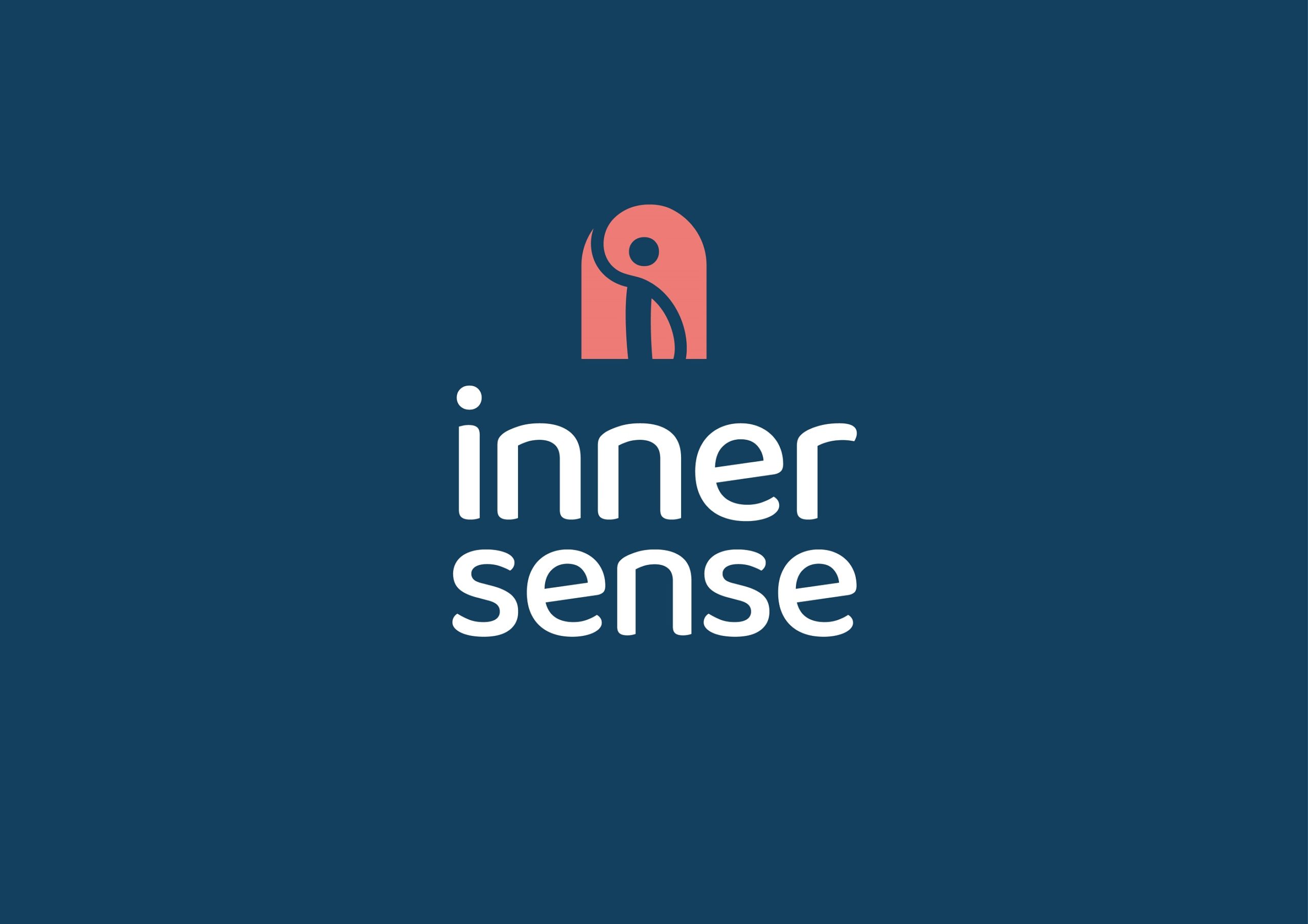How does exercise improve mood? It’s an often-asked question to which you’ve probably heard a number of different answers:
- It releases feel-good chemicals
- It takes your mind off other things
- It boosts your self-esteem
But what’s the truth? In this post, we’re going to find out, as well as taking a look at how we can get the most out of our training.
Mind, Body and Soul
So, how does exercise improve mood – is it chemicals, distraction or self-esteem? The answer is: all of these, and more…
Chemical Reactions
Exercise leads to the release of feel-good chemicals, such as endorphins. 1 These are the body’s natural mood elevators, they also act as painkillers. Exercise increases our levels of important neurotransmitters too – and with more of these chemical couriers delivering messages around the body, it helps to boost brain function.2
Exorcising Mental Demons
We all have worries in our lives, and exercise provides a pleasant distraction from these. Focusing on the task at hand rather than our niggling doubts helps to reduce depression, anxiety and negative mindsets.3 Exercise can also actively boost our mood by giving us a sense of accomplishment, whether it’s from beating a PB or steadily making progress towards a fitness goal.
Built to Move
Humans are built to move; however, the demands of modern-day life mean that we’re often left with little time to get active. Exercise allows us to fulfil this most basic need, ensuring we’re able to keep physically fit, while also boosting the immune system. What’s more, learning new movements gives our minds a workout too…and has been shown to help us build new grey and white matter and even recover from a stroke. 45
Striking a Balance – Getting the Most Out of Exercise
Just like needing a coffee to get us through the morning, or a pint after a particularly long day at the office, we can come to rely on exercise to improve our mood. However, it is not necessarily healthy to use exercise to cover an underlying problem. So how do we find a balance between a healthy habit and an addiction that could do more harm than good?
Understanding hormesis can help to answer this question.6
Hormesis refers to the way organisms respond to stress factors, which can be beneficial or harmful. Exercise puts us under stress. If used correctly, this stress can be harnessed by the body to reinforce itself. Too much stress, however, can cause inflammation in the body – which is the root of many diseases. Overtraining also results in fatigue and irritability, as well as putting us at more risk of injury – all of which can negatively affect our mindset.7
To get the most out of our workouts, research shows that high intensity exercise is best, causing more powerful, longer-lasting neurobiological changes compared to, say, a gentle walk.8 If we partake in high intensity activity, however, it’s important to allow plenty of time for rest and recovery to avoid chronic inflammation.
How Does Exercise Improve Mood? – Find Out More
Interested in finding out more? For further information on how to feel more satisfied from exercise, whilst avoiding burnout and injury, download a free chapter from my book.
Sources and References
Photo by Alora Griffiths on Unsplash
- Matta Mello Portugal E, Cevada T, Sobral Monteiro-Junior R, et al. Neuroscience of exercise: from neurobiology mechanisms to mental health. Neuropsychobiology. 2013;68(1):
- Praag, H. V., Fleshner, M., Schwartz, M. W., Mattson, M. P., & Mattson, M. P. (2014). Exercise, Energy Intake, Glucose Homeostasis, and the Brain. The Journal of Neuroscience, 34(46), 15139-15149.
- https://www.researchgate.net/publication/279908400_Mood_and_Self-Efficacy_During_Acute_Exercise_in_Clinical_Depression_A_Randomized_Controlled_Study
- Hidaka, Y., Han, C. E., Han, C. E., Wolf, S. L., Winstein, C. J., & Schweighofer, N. (2012). Use It and Improve It or Lose It: Interactions between Arm Function and Use in Humans Post-stroke. PLOS Computational Biology, 8(2).
- Scholz J, Klein MC, Behrens TE, Johansen-Berg H. Training induces changes in white-matter architecture. Nat Neurosci. 2009;12(11):1370-1371. doi:10.1038/nn.2412
- Chen C, Nakagawa S, An Y, Ito K, Kitaichi Y, Kusumi I. The exercise-stress paradox: How exercise is beneficial to cognition, mood, and the brain while increasing glucocorticoid levels. Front Neuroendocrinol. 2017;44:83-102. doi:10.1016/j.yfrne.2016.12.001
- Peake, J.M., Markworth, J.F., Nosaka, K., Raastad, T., Wadley, G.D., & Coffey, V.G., (2015) Modulating exercise-induced hormesis: Does less equal more? Journal of Applied Physiology, 119: 172–189, 2015.
- Nakagawa T, Koan I, Chen C, et al. Regular Moderate- to Vigorous-Intensity Physical Activity Rather Than Walking Is Associated with Enhanced Cognitive Functions and Mental Health in Young Adults. Int J Environ Res Public Health. 2020;17(2):614



